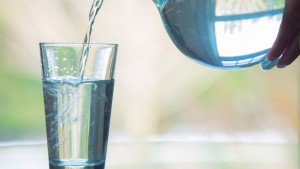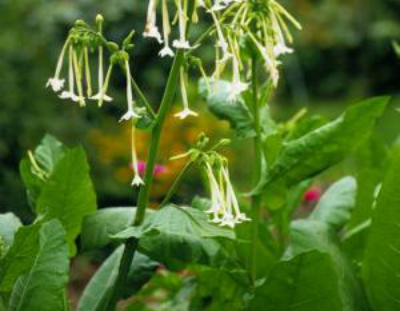
The situation: You’ve got a water glass in the bathroom, at your desk, and on your nightstand, which means you’re chugging plenty of H2O (high-five for hydration and props for passing on plastic!). But with all the focus on getting the recommended 8 cups a day, some of those glasses have gone unwashed for days—you just keep dumping them out and filling them up.
What you’re worried about: “Microorganisms need a moist environment to survive, right? So not only have I created a perfect breeding ground for bacteria, microbes, parasites, and who knows what, I’ve gone and ingested them, obviously setting myself up for any number of dreadful diseases.”
The very worst that could happen: It’s true that bacteria and other potentially dangerous microorganisms (think viruses and intestinal parasites) grow really well in moist environments. So yes, that unwashed glass is a petri dish of possibility. Every time you take a sip, you’re transferring the microbes in your mouth to the glass.
If you’re ill and deposit a nasty bug in that glass and it doesn’t dry properly before you use it again, there might be enough time for that bug to replicate enough to cause your illness again,” said Aaron Margolin, PhD, a professor of microbiology at the University of New Hampshire
The source of the water you’re sipping can also make a difference: Unlike tap water, bottled and well water don’t automatically come with added chlorine to help halt the growth of bacteria. And if it’s a shared cup, look out! All those bacteria, viruses, and intestinal parasites passing back and forth could mean stomach ulcers (courtesy of Helicobacter pylori bacteria) or projectile vomiting and explosive diarrhea (courtesy of norovirus).
“The more people who use that same cup, the greater the probability that one of those people carry bacteria that might make you sick,” Margolin warned.
What will probably happen: A whole lotta nothing, especially if you’re the only one using the glass.
“It’s important to mention that pathogens—those organisms that make you sick—don’t just appear out of nowhere; they have to be introduced by someone or something,” Margolin said.
The fact that it’s a glass, not a plastic cup, means it won’t degrade over time, creating nooks and crannies where bacteria can build up. Plus, glass is more likely to completely dry, and drying, also known as desiccation, is an excellent way to halt the growth of bacteria, Margolin added. What’s more, if you’re filling up with tap water, most treatment plants use chlorine to zap dangerous contaminants that work both on the water and your saliva.
Bottom line: “If you restrict the usage of the cup to a single individual and you make sure that the water is clean, then you are not going to get sick if you use the same cup over and over,” Margolin said.
Source: http://www.foxnews.com/health/2016/08/18/is-it-safe-to-reuse-water-glass-before-washing-it.html


